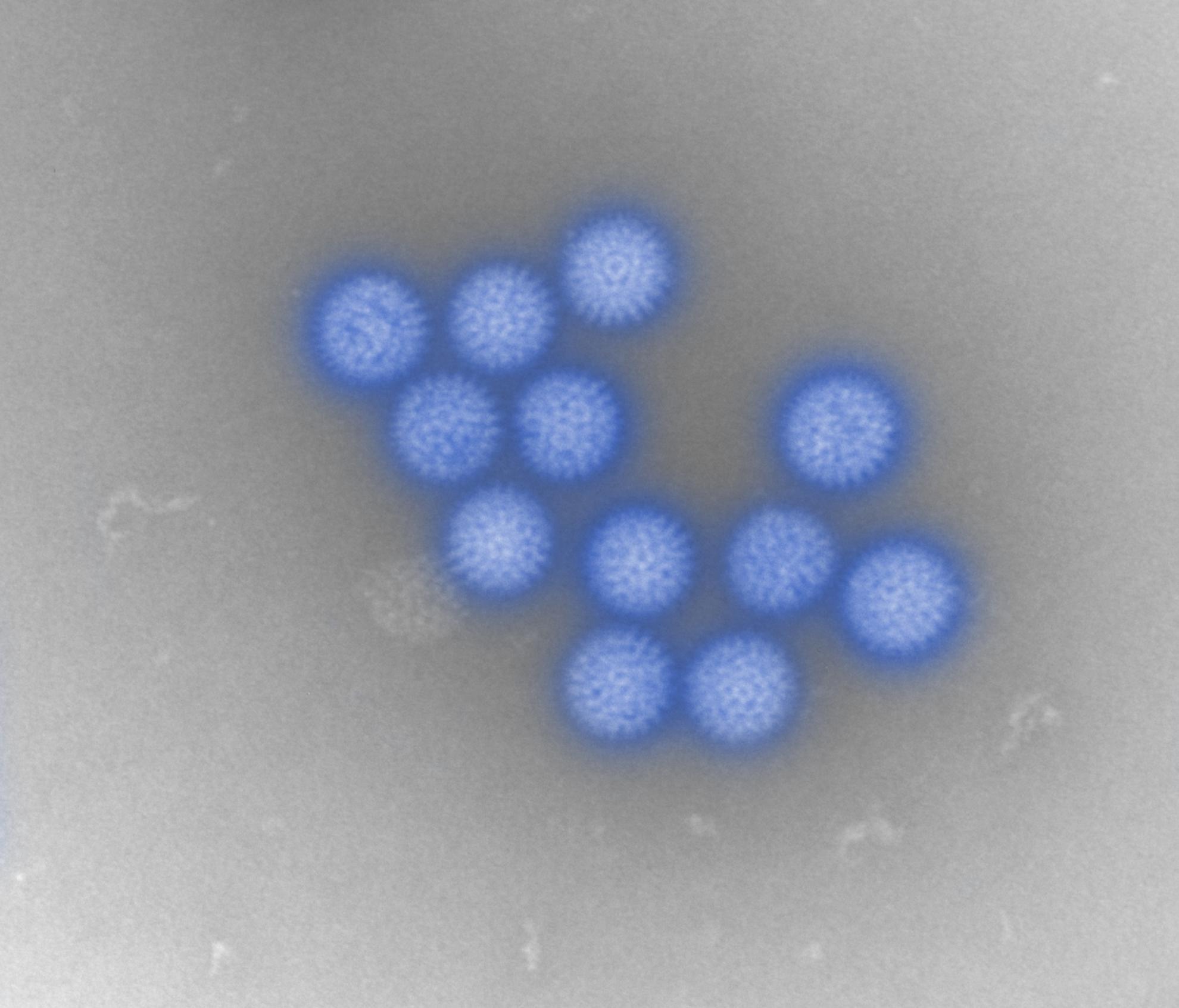Seroconversion, neutralising antibodies and protection in bluetongue serotype 8 vaccinated sheep
Bluetongue virus serotype 8 (BTV-8) has caused a major outbreak of disease in cattle and sheep in several countries across northern and western Europe from 2006 to 2008. In 2008 the European Union instigated a mass-vaccination programme in affected countries using whole virus inactivated vaccines. We evaluated vaccinal responses in sheep and the ability of the vaccine to protect against experimental challenge. Sheep vaccinated 10 months previously under field conditions were challenged with BTV-8. One of 7 vaccinated sheep became infected, as evidenced by detection of viral RNA by real-time RT-PCR and by virus isolation. The remaining 6 sheep appeared fully protected from virus replication. None of the vaccinated sheep showed clinical signs of BTV and there was a good correlation between the presence of neutralising antibodies on challenge and protection. Commercially available ELISAs were evaluated for their ability to detect antibodies in sheep vaccinated on a single occasion. The sandwich (double antigen) ELISA assays were found to be more sensitive at detecting antibodies in vaccinated sheep than the competitive ELISAs.
Back to publications
